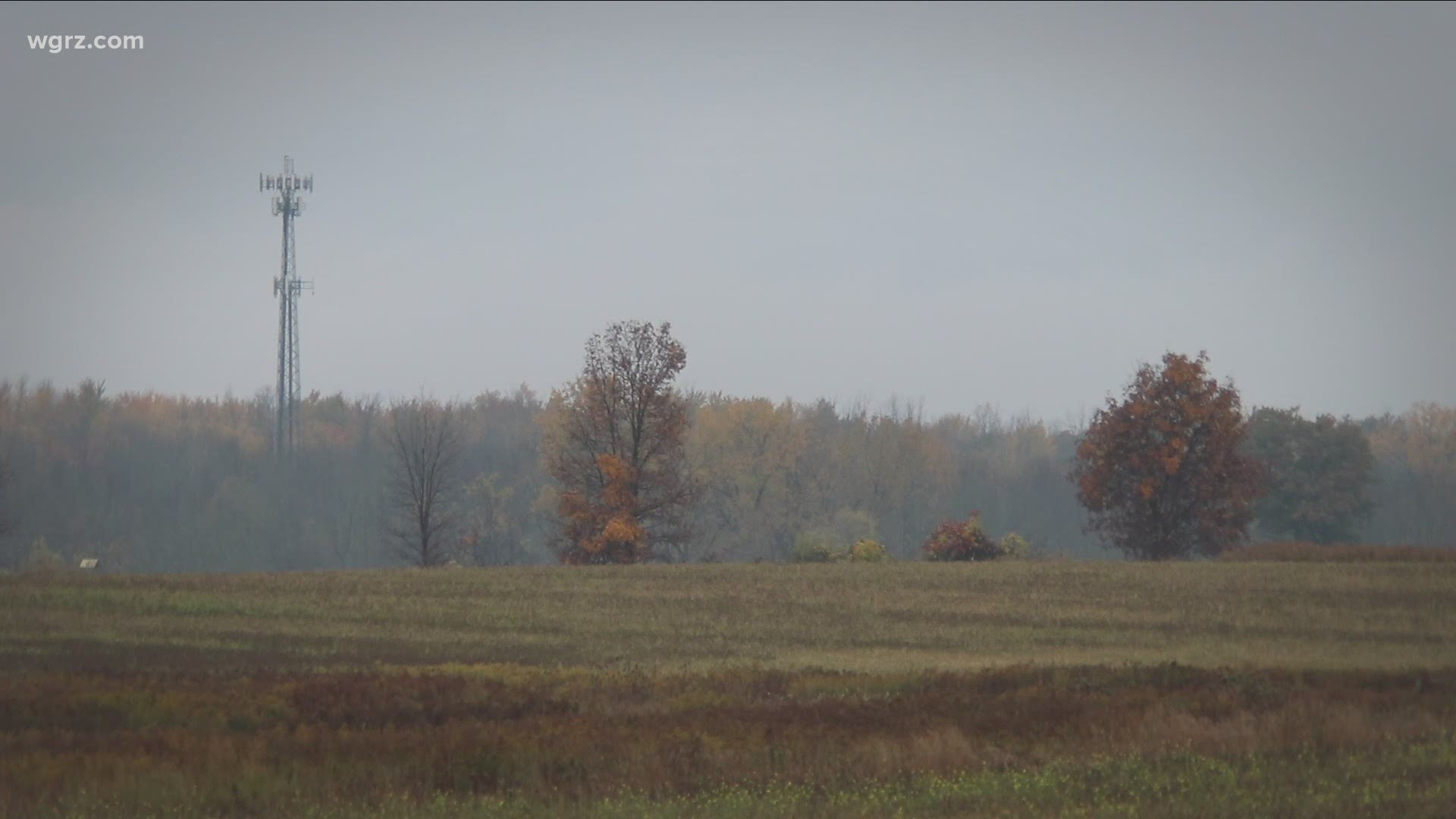BUFFALO, N.Y. — 2 On Your Side has been extensively covering broadband access issues in Western New York since October 2019.
One of the main issues that regularly comes up is broadband mapping. Currently, when a home or business is connected to broadband service it's called a "passing." When one passing within a census block is connected to the internet, the entire block is considered connected by that service.
In urban areas, though not Buffalo, a census block might have multiple high-speed providers, an older DSL provider, and usually a satellite provider.
The problem with this method, particularly in low-income urban areas and rural communities, is this self-reported data is littered with flaws. Oftentimes, a home or business on the main thoroughfare will have an internet connection, but the subsequent homes within that census block won't. But in the eyes of the FCC, the entire block is connected.
Now the FCC is trying to do something about this mapping data. The Broadband Data Task Force is looking for internet users to submit their experience with internet access where they live, or where they own a business.
To submit feedback to the FCC, continue to the FCC Consumer Complaint Center. The more information you provide, the better the FCC will understand the access issues in your area.
The federal government has known about this issue for quite some time. A 2018 report from the General Accounting Offices indicated that broadband availability was regularly overstated in FCC reports and at times reported access where providers "do not have any infrastructure connecting homes to their networks."
Broadband is considered 25Mbps download, and 3Mbps upload speeds. Those definitions; however, were finalized in 2015, and broadband technology on the backend has expanded significantly. Plus the pandemic has made the light of the digital divide even brighter with people learning and working from home.
2 On Your Side will continue looking at access issues across the region. If you would like to share your broadband issues you can email broadband@wgrz.com, and we'll look into it.

